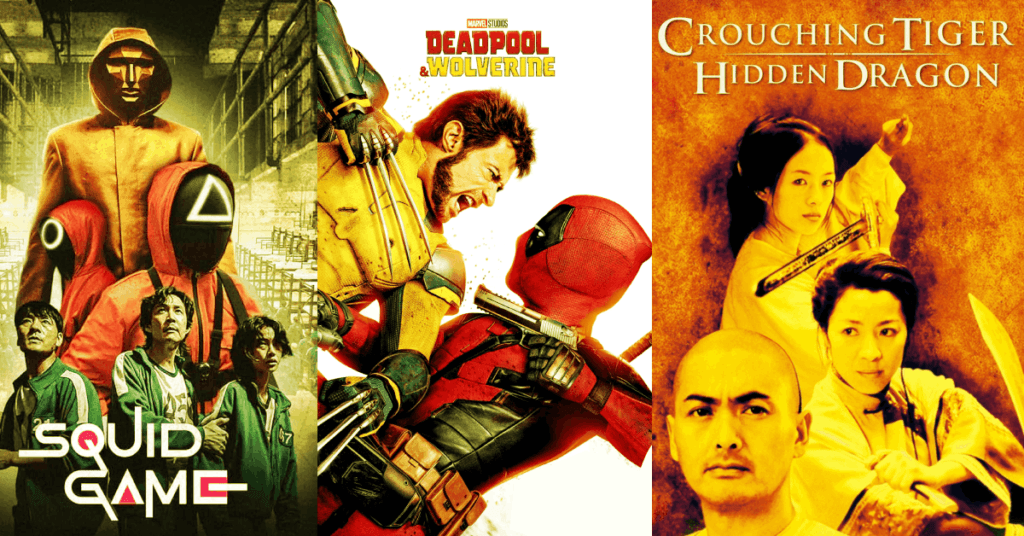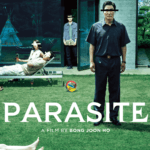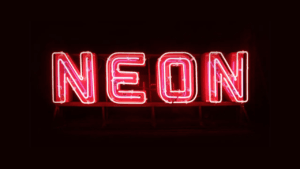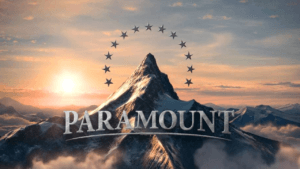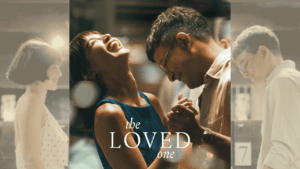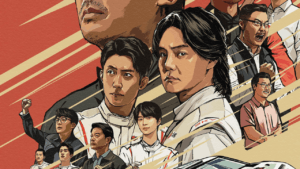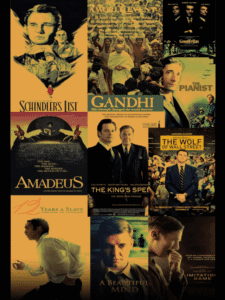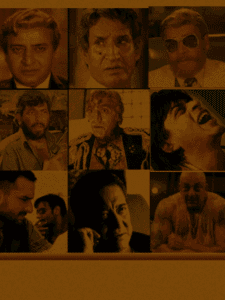Subtitles and Dubbing: The Silent Influencers of Cinema
Imagine watching Parasite (2019) with a bad translation that strips away the wit, sarcasm, and cultural nuances. Or picture Squid Game (2021) dubbed in a monotone voice that makes the intense moments feel like a bedtime story. Sounds awful, right? That’s the magic (or curse) of subtitles and dubbing—they shape how we experience cinema.
Cinema, at its core, is about storytelling. But when a film travels beyond its native language, things get tricky. Do you watch it with subtitles? Do you go for the dubbed version? Either way, something is always at risk of getting lost or sometimes hilariously twisted in translation.
Reading Between the Lines
For many cinephiles, subtitles are the holy grail. They let you hear the original voices, preserve the acting nuances, and keep the film’s authenticity intact. But there’s a catch, subtitles aren’t always perfect. Ever noticed how subtitles are often shorter than what’s actually spoken? That’s because reading takes longer than listening. Translators often simplify dialogue to keep pace with the visuals. A rapid-fire Tarantino-style monologue can get brutally chopped down.
Take Train to Busan (2016), the subtitles sometimes omit entire phrases to keep up with the action. While it helps readability, it can also strip away depth. The tone of a conversation can shift from sarcastic to plain, or worse, lose its emotional weight entirely. Some phrases just don’t translate well. Take the famous line from No Country for Old Men (2007): “You can’t stop what’s coming.” A literal translation into another language might make it sound robotic, losing its eerie inevitability. This happens a lot with idioms. Imagine translating “it’s raining cats and dogs” literally into another language, you’d have people checking the skies for falling pets.
Comedy suffers the most in translation. Films like Deadpool (2016) or The Grand Budapest Hotel (2014) rely heavily on wordplay, sarcasm, and cultural jokes. Subtitles can only do so much to retain that.
Then there’s the issue of machine translations. With streaming platforms relying more on automated translations, errors are creeping in more frequently. Have you ever watched a foreign film on OTT platform and noticed that the subtitles didn’t match what was actually being said? That’s because many platforms are shifting to AI-based translation, which, while efficient, often lacks the nuance and cultural depth of human translators. Even worse, some subtitles are just direct translations of the dubbed version, which means they’re already one step removed from the original dialogue.
When Voices Don’t Match Faces
Dubbing is like a double-edged sword. When done right, it makes films accessible to those who can’t or don’t want to read subtitles. When done poorly… well, it can turn a serious crime thriller into an unintentional comedy. One of the biggest issues with dubbing is lip-syncing. Translators have to adjust sentences so they match the actor’s lip movements. This often leads to awkward phrasing or completely rewritten dialogue.
Voice acting is an art. The way an actor delivers a line, pauses, intonations, whispers, adds depth to the performance. Dubbing sometimes strips that away.
Dubbing sometimes alters a film’s very identity. Classic martial arts films from Hong Kong often had bizarre English dubs that turned intense fight scenes into unintentional comedy.
The cultural impact of dubbing is also significant. In some countries, dubbing is the norm, and audiences strongly prefer it over subtitles. Germany and Italy, for example, have well-established dubbing industries, with the same voice actors dubbing Hollywood stars consistently over decades.
Lost in Translation
Some films have had famously bad translations that completely changed their meaning. Crouching Tiger, Hidden Dragon (2000) had poetic Mandarin dialogue, but the English subtitles simplified it, losing much of its depth. The Professional (1994), originally Léon, was dubbed into English with changes that altered character motivations and relationships. Life Is Beautiful (1997) had an English dub that softened Roberto Benigni’s intense performance, making his character feel less frantic and desperate.
No Size Fits All
There’s no one-size-fits-all answer. It depends on personal preference. Want to experience the film as close to the director’s vision as possible? Subtitles are the way to go. Prefer to focus on visuals without reading? Dubbing might be better, just make sure it’s a quality dub.
What’s clear, though, is that translation can shape how we connect with a film. It can preserve its soul or distort its essence. So next time you watch an international film, take a moment to appreciate the unsung heroes, the translators, subtitle creators, and voice actors, who bring these stories across language barriers. And if a line ever sounds weird, just remember… it might’ve gotten lost in translation.
Read More:


